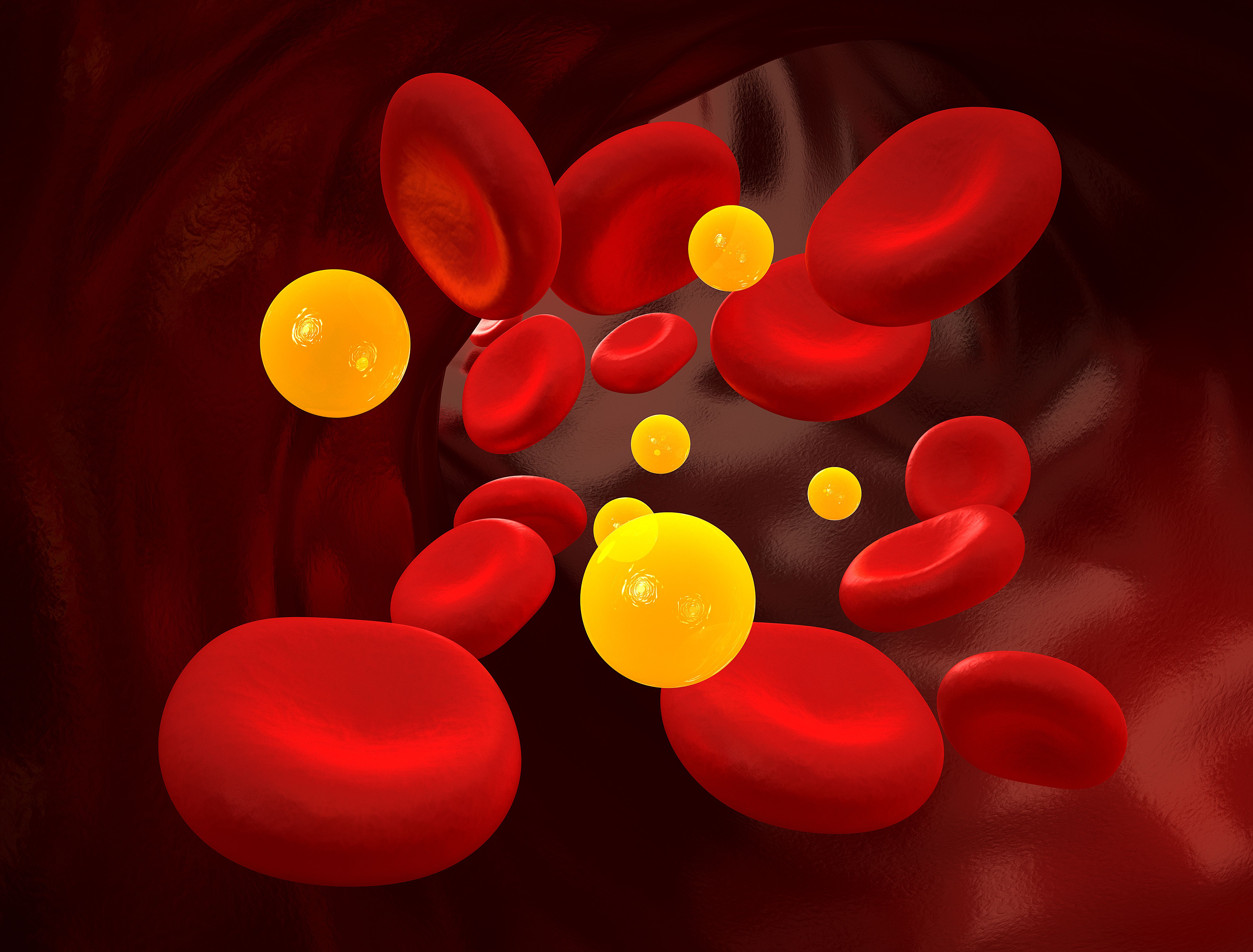Article
Dabigatran and Warfarin Provide Similar Effect on Cognitive Function in AFib
Author(s):
After 2 years, there was little difference in cognitive function between patients with nonvalvular atrial fibrillation receiving dabigatran or warfarin in the GIRAF trial, which was presented at AHA 2021.
Bruno Caramelli, MD

New research suggests proper adherence to dabigatran or warfarin among patients with nonvalvular atrial fibrillation could help protect against cognitive decline in older adults.
An investigator-initiated study partially supported by Boehringer Ingelheim, the GIRAF trial was designed to assess effects of dabigatran compared with warfarin on cognitive outcomes in older adults with atrial fibrillation or atrial flutter and returned results suggesting there was no significant difference in the majority of cognitive outcomes with warfarin or dabigatran at 2 years.
“It’s possible that cognitive decline is related to the formation of small blood clots in the brain, which may be attacked by effective medications that prevent blood clots,” said lead study author Bruno Caramelli, MD, associate professor of medicine at the University of Sao Paulo in Brazil, in a statement. “Since dabigatran offers a more stable anticoagulation status, we investigated whether it may be more effective than warfarin for the prevention of cognitive decline in patients with atrial fibrillation.”
Citing a lack of end points assessing cognitive function within phase 3 trials of anticoagulants, the GIRAF trial was created with a multicenter, randomized, prospective parallel, active-controlled blinded design and conducted in 6 centers in Brazil. Presented at the American Heart Association (AHA) 2021 Scientific Sessions, the trial assessed multiple cognitive outcomes in a cohort of patients randomized to 110 or 150 mg of dabigatran twice daily or once-daily warfarin.
The trial enrolled and randomized 200 patients. For inclusion in the trial, patients needed to have confirmed atrial fibrillation or atrial flutter, a CHA2DS2-VASc Score greater than 1, and be aged 70 years or older. Exclusion criteria for the trial included a history of valvular heart disease, previous stroke, dementia or any severe neurological or psychiatric disease, major recent surgery, recent bleeding events, active cancer, warfarin contraindication, a creatinine clearance less than 30 mL/min, active liver disease, and a LVEF below 35%.
Cognitive function assessments occurred at 1- and 2-year follow-up visits. Specific function assessments used in the study included MoCA, MMSE, Geriatric Depression Scale, semantics verbal fluency, phonemic verbal fluency, Digit Symbol Substitution Test (DSST), Boston Naming Test short version, and clock-drawing test. Participants also underwent brain MRI at baseline and after 2 years to identify potential cerebrovascular events.
Of the 200 patients included in the trial, 101 were randomized to warfarin and 99 were randomized to dabigatran. At baseline, Patients randomized to warfarin had a mean age of 76 (SD, 72-77), 59.1% were men, the median CHA2DS2-VASc score was 4 (IQR, 3-5), and the median HAS-BLED score was 1 (IQR, 1-1). In comparison, at baseline, those randomized to dabigatran had a mean age of 74 (SD, 71-77), 61.4% were men, the median CHA2DS2-VASc score was 4 (IQR, 3-4), and the median HAS-BLED score was 1 (IQR, 1-1.25). Overall, 15 deaths and 1 stroke occurred during the follow-up period.
Upon analysis, 2-year results suggested there was less than half a point difference between the warfarin and dabigatran groups in assessments of memory, executive functions, language, and attention from baseline, but investigators noted these differences were not statistically significant. A statistically significant difference was observed for differences in MoCA score between the 2 groups, with a mean difference in change of -0.96 (95% CI, -1.8 to -0.13; P=.02) favoring warfarin. Investigators also pointed out no participants were diagnosed with dementia during the follow-up period.
“Cognitive aspects are important for patients with atrial fibrillation, and these results could help guide the decision about which oral anticoagulation medication should be prescribed,” Caramelli said. “Further studies are needed to explore new concepts on potential prevention of cognitive decline and the possible benefits of treatment for patients with atrial fibrillation and their families.”
This study, “Dabigatran Versus Warfarin on Cognitive Outcome in Nonvalvular Atrial Fibrillation: Results of the GIRAF Trial,” was presented at AHA 2021.




